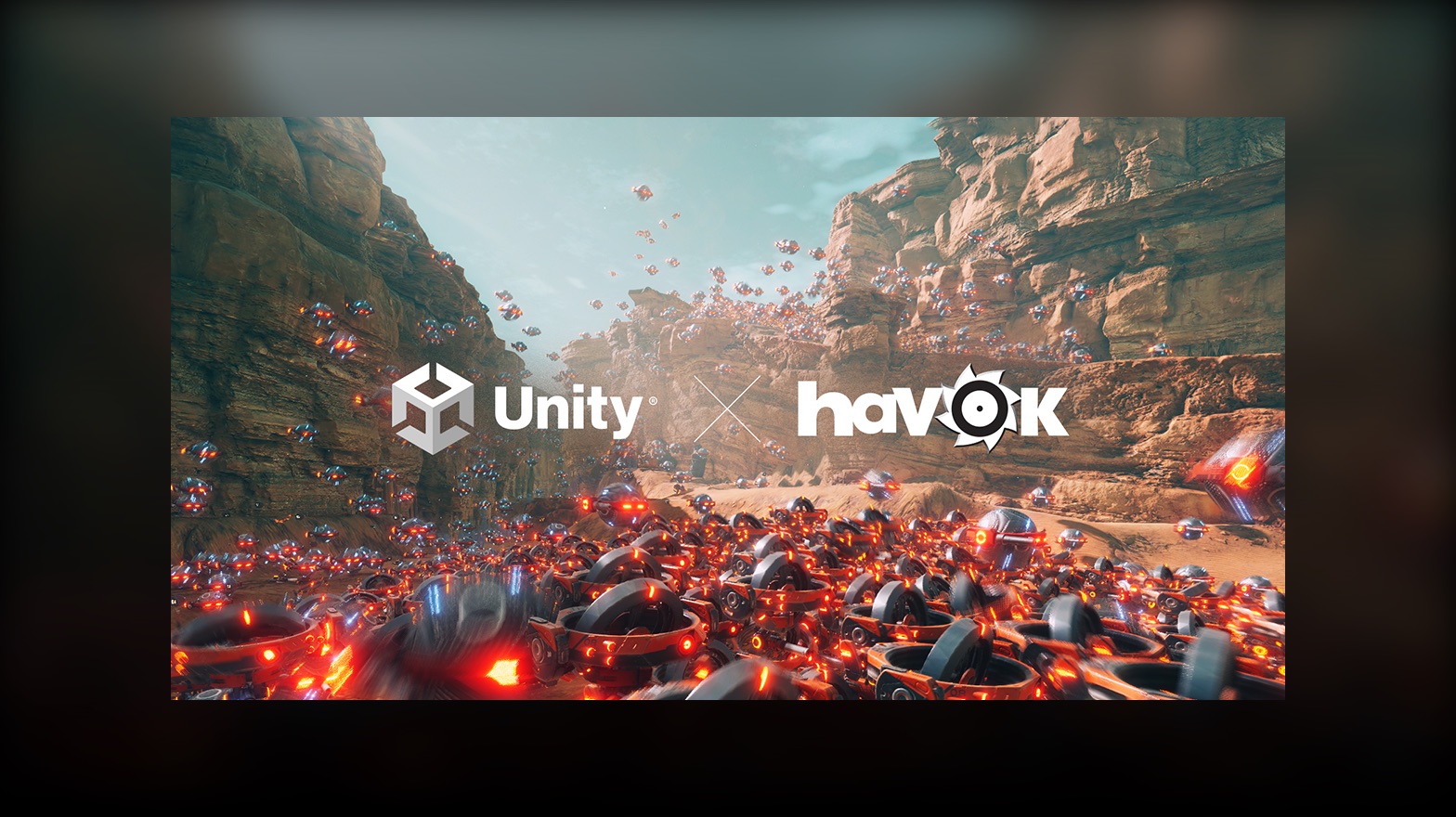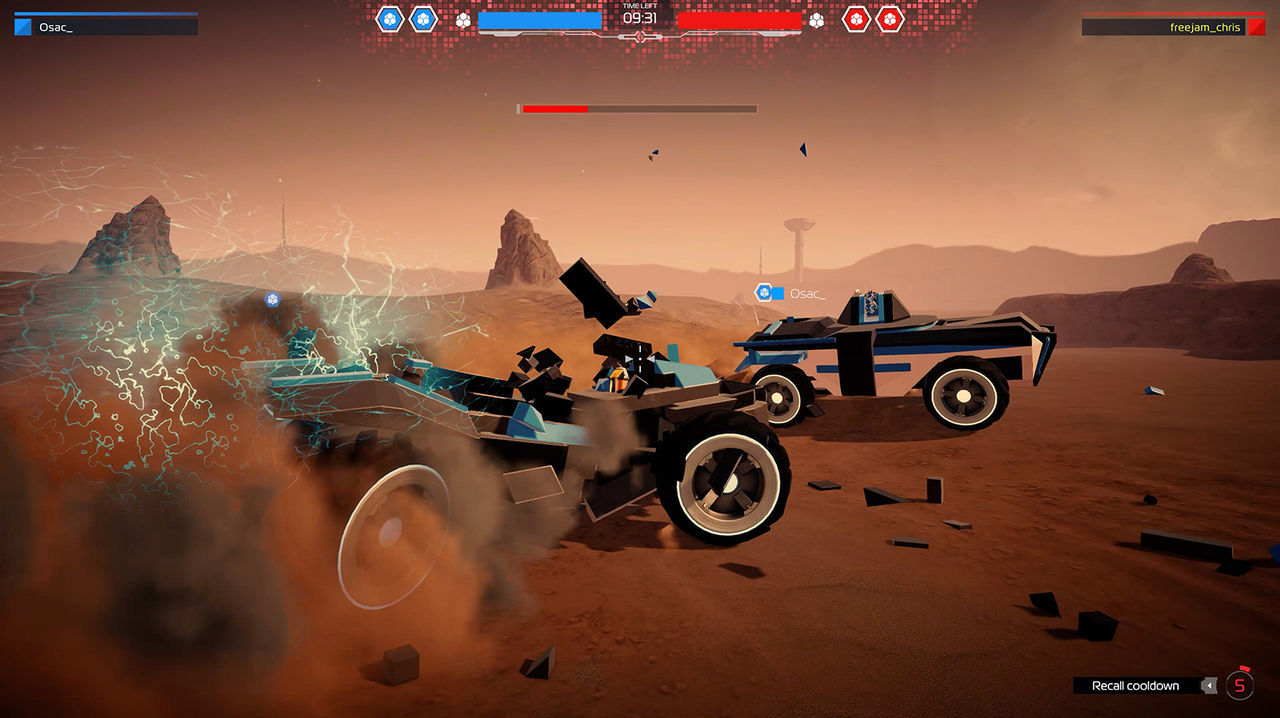Havok Physics for Unity is now production-ready to deliver next generation physics
The package is ready with the availability of ECS for Unity in 2022.2 tech stream.

Today, through a close partnership with the Unity engineering team, the team at Havok is excited to announce that the Havok physics package for Unity has left preview and is production-ready in the Unity 2022.2 tech stream. From first-person shooters like Destiny to third-person action games like Assassin’s Creed, Havok is the physics engine that powers many of your favorite high-end titles, as well as many high-performance physics simulations.
This highly anticipated update was made possible the availability of ECS (Entity Component System) that also left preview in the same tech stream. Havok Physics for Unity uses ECS and is backed by the Havok Physics engine written in native C++. The Havok Physics for Unity package is available for Unity Pro, Enterprise and Industrial collection subscribers for free. You can find the package in Unity’s package manager.
Previously, Unity developers had to build their own custom integration to be able to use Havok Physics engine within Unity. With the Havok Physics for Unity package in preview, developers were finally able to test and experiment with Havok Physics within Unity, yet they were still not able to use Havok Physics for Unity in production environments.

Now, with the package being out of preview, developers can feel confident about using the physics engine they trust within Unity to deliver high-end next generation experiences and simulations. This is a first-class integration for DOTS-based projects sharing the same data model used by Unity Physics, meaning developers can seamlessly select between simulating their scene using Unity Physics or Havok Physics, without needing to re-author their assets.
“The high performance of Havok [Physics for Unity] allows us to have accurate server-side physics in our online game. In turn, that provides several significant benefits, including giving all clients an equal representation of physics for a better quality experience,” says Ed Fowler, principal programmer and cofounder of Freejam. “The fact that the server is authoritative over the simulation also has the added benefit of reducing the opportunity for cheaters.”
To learn more about the Havok Physics for Unity package, check out Unity’s blog post announcing the news or visit Unity’s documentation for Havok Physics for Unity (and the changelogs as well). Unity has also created their own tutorial to get you started with Havok Physics for Unity.
